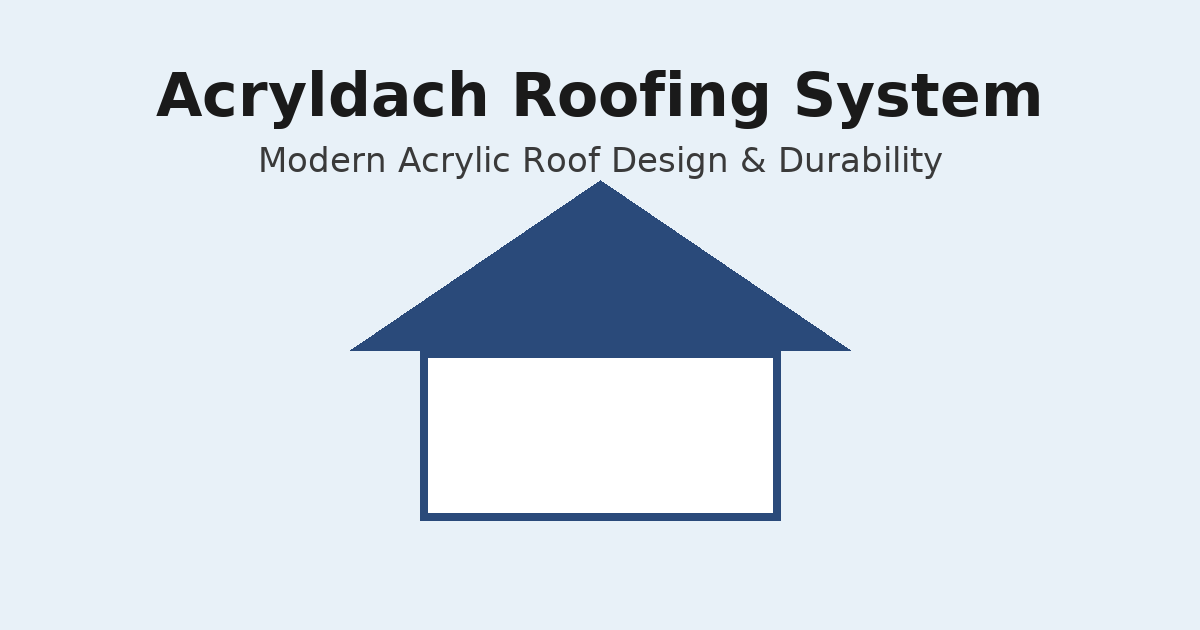If There is a Really Small Estate, is Probate Still Necessary?
Coping with the loss of a loved one can be difficult enough without dealing with the other issues surrounding probate. It’s not surprising that you might be wondering if you even need to worry about probate, particularly if it’s a really small estate. But there’s more to the legal ins and outs of estate planning and probate than you might realize.
While the size of an estate can come into play in probate, you should still understand all the considerations involved in administering a person’s estate. You should know what factors fit into the definition of a small estate as well as when probate might still be necessary.
Then, even with all that knowledge, consult with an experienced probate attorney to determine your best course of action to pass on your estate to your loved ones. Even if you have an estate and you’ve already carefully considered all your options, you should still check with a legal expert to make sure you haven’t missed anything particular to your situation and specifically tied to your location.
What is Probate?
Probate is a formal legal process, which may appoint executors of an estate, recognize a will, and distribute assets to beneficiaries. Probate laws vary by state, and they can also affect how probate can be handled and avoided. The facts and understanding of how probate is handled can be confusing and elusive.
You might believe that probate only happens in complicated situations, where there are no will, or disputes, or heirs. While that might be partially the case, probate is more complicated than that. That’s why it’s so important to understand what’s involved, how probate could affect your situation, and how you can best prepare for passing your estate on to your beneficiaries.
What is a Small Estate?
A small estate usually involves a situation where the person who died had a personal property that amounted to less than $50,000. So, if the person owned land or a house, it would not be considered a small estate. Depending on the state, though, your estate might be handled with simplified processing, as if it was comparable to a small estate, even if it is much larger.
When is Probate Still Necessary?
There could be a number of other situations where probate might still be required for the estate. The most common scenarios where probate is still required involve situations where there is no will, where there’s a problem with the will, or other similar situations.
No Will
Generally, no will means that the estate will go through probate, but some situations might deviate from that. It could be considered an intestate succession, but the laws can vary depending on which state you’re in. With the new focus on simplifying probate requirements, you might not have to worry about probate for a small estate, depending on the variables involved.
With some states, like Alabama, Connecticut, and Delaware, your estate will go through probate if there is a house or other property involved. Situations like this are part of why it’s so important to consult with an experienced probate attorney to get insight and recommendations on the best path forward in your situation.
Problematic Will
A problematic will is incorrectly processed or authorized. It could be that the decedent did not get the will to be notarized. It may not have a self-proving affidavit. It could be that there are multiple wills, or that beneficiaries are contesting the will. Another possibility is that the decedent did not properly update their will to reflect the change or increase in property.
It could be that the person moved out of state, which could involve differing probate laws and requirements, particularly if other estates or property are involved. In these cases, probate is a way to sift through the issues and determine the right way to handle the estate, with its outstanding assets.
No Beneficiaries
A decedent may have no surviving children or relatives. The decedent may have named a charity, friend, or acquaintance as the recipient of the profits from the dissolution of the property. In cases where there are no beneficiaries, the court needs to determine what to do with the estate. In this case, the court might use probate to sell the house and distribute the assets, according to the decedent’s wishes.
If the decedent has not named any beneficiaries, the court might locate a relative or other legal heir to inherit the estate and all its assets. In the worst-case scenarios, when no family or other legal beneficiary can be located, the state may appropriate the estate assets, minus any debts or legal encumbrances.
Required
There are situations where probate might be required by the will or the estate of the decedent. It could be that probate is needed as a way to settle outstanding debts, left by the decedent before the estate passes to the beneficiaries. Or there could be other outstanding requirements that make probate necessary.
Even if debts are not involved, probate can be used to transfer ownership of the property to the beneficiary if proper arrangements have not been made. In many cases, it could have been an easy process if the appropriate paperwork was in place. Even in simple situations, where It’s just a transfer of ownership, probate can be a lengthy and expensive process.
In many cases, you can avoid probate with the right legal representation and documentation in place. If you’re not sure whether your estate planning is properly set up, or even if you have no estate plan in place, it’s time to find out what you can do to protect your estate and ensure your family receives your property as you’d planned.
Next Step: Schedule Your Consult with an Experienced Probate Lawyer
If you have questions about a probate situation, you need the skills of an experienced probate attorney to help you understand the situation and how you should best proceed. Based on our consultation with you, we’ll determine the best course of action, including what steps we should take to protect your estate to avoid probate.
Our experienced probate attorneys have all the experience you need to address the most difficult of times. We’ll work with you to create an estate plan, so you’ll feel confident that your estate will be handled properly, with the appropriate legal documentation and considerations. Not only do we help put your plan into action, but we help you face any of the challenges that might arise around the issue of probate for you and your family.
Follow Us
Latest Post














